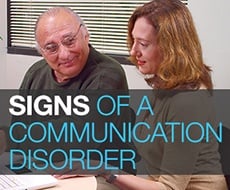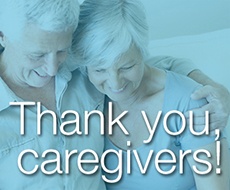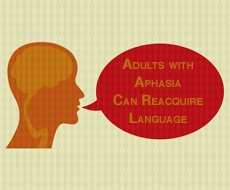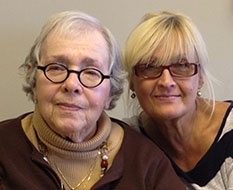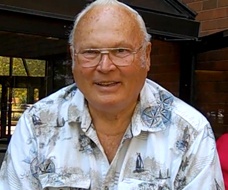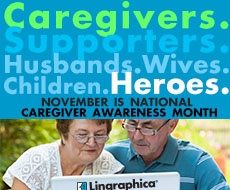November is National Caregiver Awareness month. In honor of caregivers everywhere, Lingraphica would like to recognize and celebrate everything you do. We see your dedication, time and energy spent, and your love for those you care for and help on a regular basis and we believe that deserves the highest recognition.
Speech-language pathologists (SLPs) and medical health professionals recommending a speech-generating or communication device often encounter questions from caregivers about the research supporting the use of augmentative and alternative communication (AAC).
Aphasia is an acquired neurogenic language disorder resulting from a stroke or brain injury; it impacts a person's ability to process, use, and understand language. Any aphasia can cause frustration and stress, certainly for individuals living with it, but also for his or her caregiver. An aphasia diagnosis is unplanned, unexpected, and frustrating, but it’s not hopeless.
A new, nationwide effort to educate the public about communication disorders was recently launched by the national American Speech-Language-Hearing Association (ASHA). The campaign, called Identify the Signs, aims to help people recognize the early warning signs of communication disorders. This topic couldn’t be timelier—or more important.
Each year more Americans are caring for a loved one with a chronic condition or disability. Today there are as many as 90 million family caregivers in the United States. The Pew Research Center estimates that four in 10 adults in the U.S. are caring for an adult or child with significant health issues. These statistics grow higher every year, which makes National Caregivers Month even more significant.
Caregiver
The brain is far more adaptable than science once believed. At Lingraphica, this has been the driving force behind decades of clinical research to improve language re-acquisition for adults with aphasia.
As part of Caregiver Awareness Month, Lingraphica will feature a caregiver’s story each week throughout November. Help us celebrate these stories and people by providing feedback to these posts.
My name is Ed. I am 75 years old and have been married to my wife, Lucy, for 52 years. I am also a full-time caregiver for Lucy, and have been since she had her stroke in May 1998 — only one year after I retired.
Caregiver





